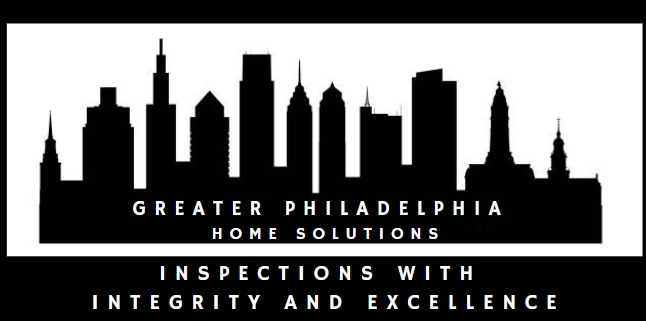-
Greater Philadelphia Home Solutions Public Safety Corner
Greater Philadelphia Home Solutions incorporates Public Safety Training to our Home Inspection and Real Estate Services including:
- CPR and Basic First Aid Training for clients, agents, and other professionals
- These courses SAVE LIVES! As part of our ancillary services, GPHS will have training available for clients purchasing their new homes, Realtor Safety-Based Training to certify Realtors, Real Estate Professionals, and their families as well.
- Home Safety Evaluations for our clients
- After you purchase your new home, GPHS will contact you to set up a Home Safety Evaluation. This process will guide you as a new homeowner in areas including:
- Fire Safety Systems
- Electrical Safety Recommendations
- Kitchen Safety Recommendations
- General Home Safety
- After you purchase your new home, GPHS will contact you to set up a Home Safety Evaluation. This process will guide you as a new homeowner in areas including:
These new programs are not typical in the home sales or purchase process, but are valuable tools to help you and your family find comfort and to improve your quality of life in your new home, and Greater Philadelphia Home Solutions will help you on that journey!
- CPR and Basic First Aid Training for clients, agents, and other professionals
-
According to the National Fire Protection Association (NFPA), carbon monoxide (CO) detectors should be installed in the following locations:
- Every level: On every level of your home, including the basement and attic
- Bedrooms: Inside every bedroom and outside each sleeping area
- Near sources: Near attached garages and other locations where required by applicable laws, codes, or standards
-
The National Fire Protection Association (NFPA) recommends installing smoke detectors in the following locations:
- Every level: Including the basement and attic
- Inside bedrooms: And outside each sleeping area
- High on walls or ceilings: At least 4 inches from the wall if mounted on the ceiling, and 4 to 12 inches from the ceiling if mounted on the wall
- Away from cooking appliances: At least 10 feet away to reduce false alarms
- Away from drafty areas: Such as windows and vents
-
In general, you should change your HVAC filter every 90 days, or three months. However, there are several factors that can affect how often you need to change your filter, including:
- Location: Dusty, dry climates may require more frequent changes.
- Pets: If you have pets, you should consider changing your filter every 60 days.
- System age: The age of your system and equipment can affect how often you need to change your filter.
- Home use: The more you use your home, the more you need to change your air filter.
-
- Storage of cleaning supplies that are non-toxic, dishwashing liquid, sponges, brushes and dustpans are ok to be stored under the sink
- Trash bags, recycling bins, and items that can be easily disposed of are safe for storage as well.
Things you should NOT store under the sink:
- Flammable or hazardous chemicals: Solvents, thinners, polishes, and certain cleaners can be flammable and cause a fire if they are near a dishwasher or garbage disposal motor. Even non-flammable items such as bleach can leak and create toxic fumes in a small, unventilated place
- Small appliances: Moisture and electricity don't typically mix well
- Lightbulbs are delicate and may break
- Rust-prone items in an area with possible moisture can become damaged or deterrioated over time
When your family needs a safe home, trust OUR family to inspect it!
